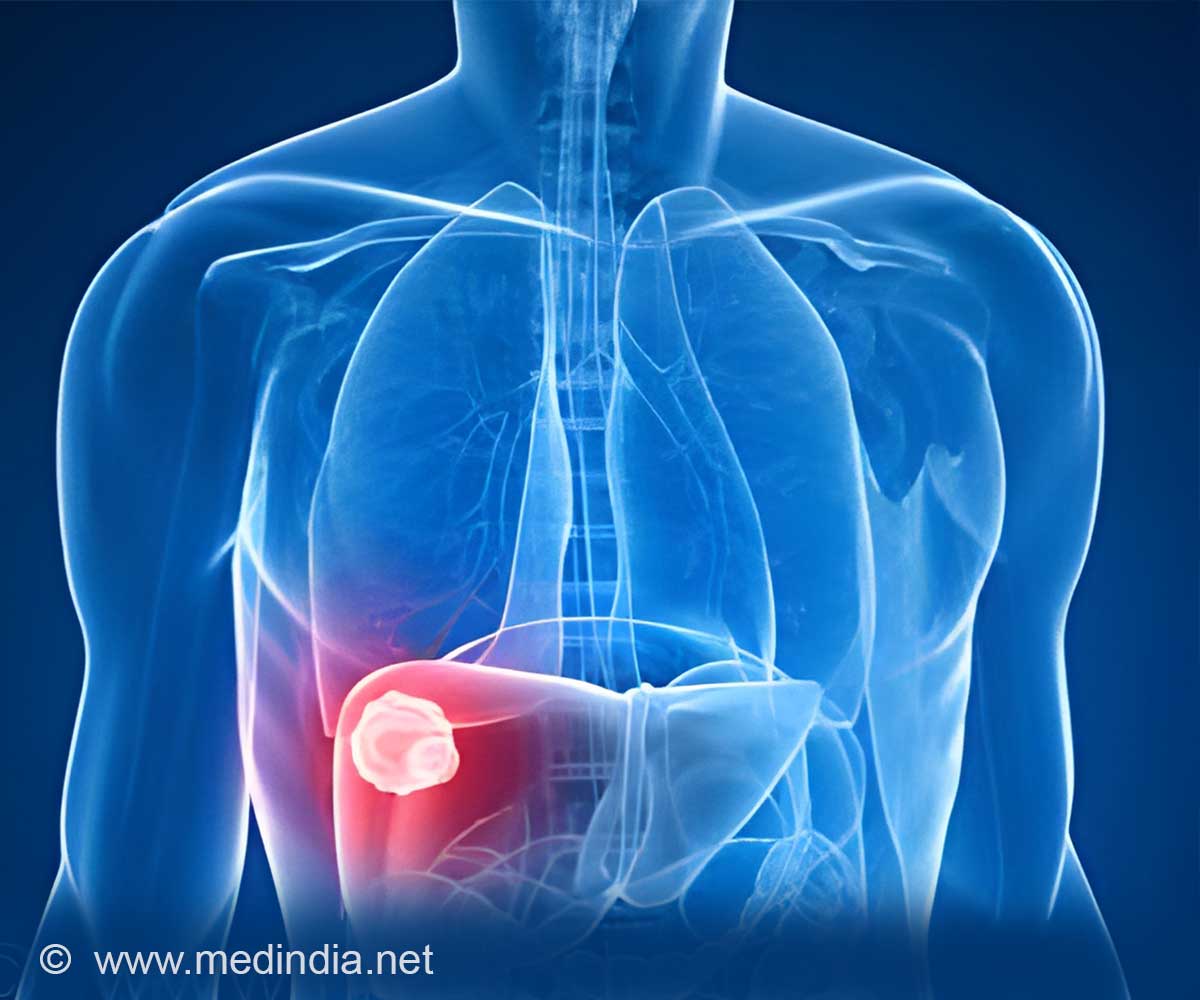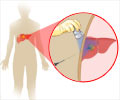Molecular mechanism has been better understood as to what happens at the cellular level and can lead to the development of new potential treatments.

‘Understanding the molecular mechanism at a cellular level can help develop new potential therapeutic treatments.’





Our genetic information is packaged into highly compact structures called chromatin. The way in which chromatin is packaged regulates many vital processes that require access to the cell's genetic material. ATP-dependent chromatin remodelers are enzymes specialized in altering the structure and packaging of chromatin.
This study, which was carried out by principal investigators Sebastian Deindl (Uppsala University) and Simon Boulton (Francis Crick Institute) together with their research teams, sheds light on the molecular mechanisms that cause such an enzyme, Amplified in Liver Cancer 1 (ALC1), to "switch on and off". This enzyme is connected to liver and several other human cancers.
The active portion of ALC1 is a "motor" that, just like in other chromatin remodeling enzymes, can use ATP as fuel to move the enzyme along the DNA molecule and change the packaging state of chromatin.
"What is special about this enzyme is that it also possesses a specific portion, a 'macro domain' that can recognise a type of polymer that accumulates at sites where DNA has been damaged. Thus it is involved in repairing damage to DNA," says Laura Lehmann, one of the researchers in the group.
Advertisement
The researchers show that the 'macro domain' of the chromatin remodeler ALC1 physically interacts with its ATPase motor and that this effectively shuts off the motor's activity when it is not needed.
Advertisement
This discovery is a possible explanation for the fact that several mutations reported in human cancer may compromise the "off switch" for the enzyme ALC1.
The researchers also show that when such cancer mutations are deliberately introduced in their experiments, a hyperactive, permanently "on" ATP motor is observed.
"Such uncontrolled activity of ALC1 in the absence of DNA damage is expected to have severe consequences for the cell. Ultimately, a better molecular-level understanding of the mechanisms that control ALC1 activity may in the long term open up new horizons for therapeutic intervention strategies," says Sebastian Deindl.
Source-Eurekalert













